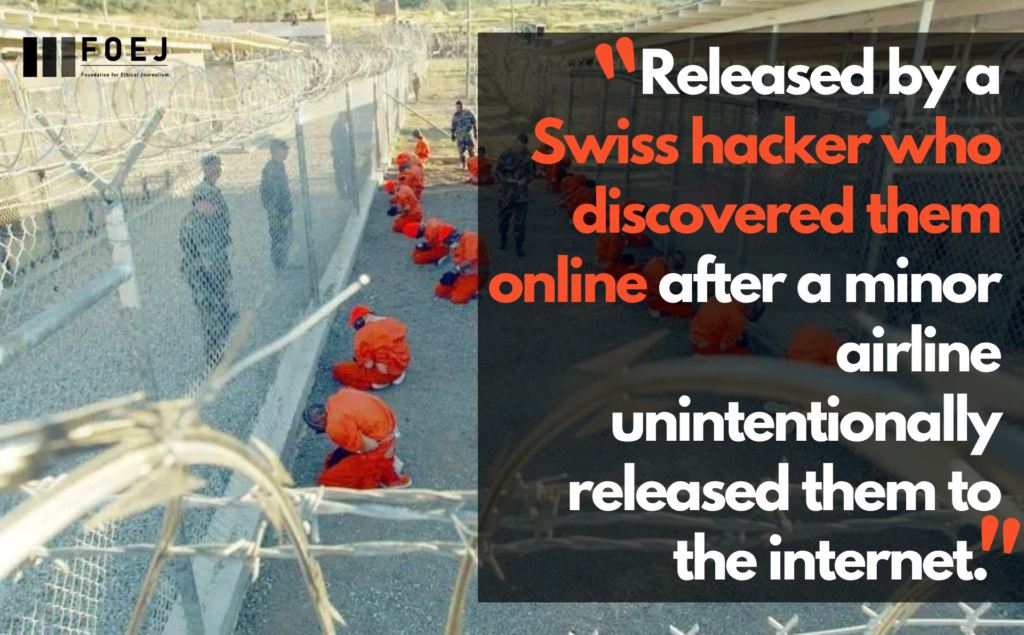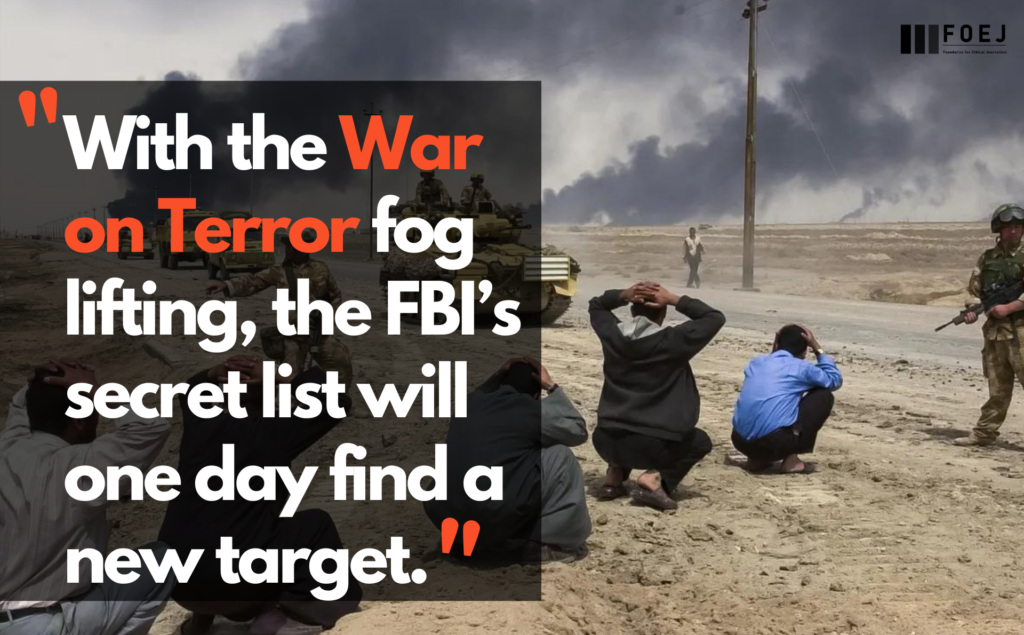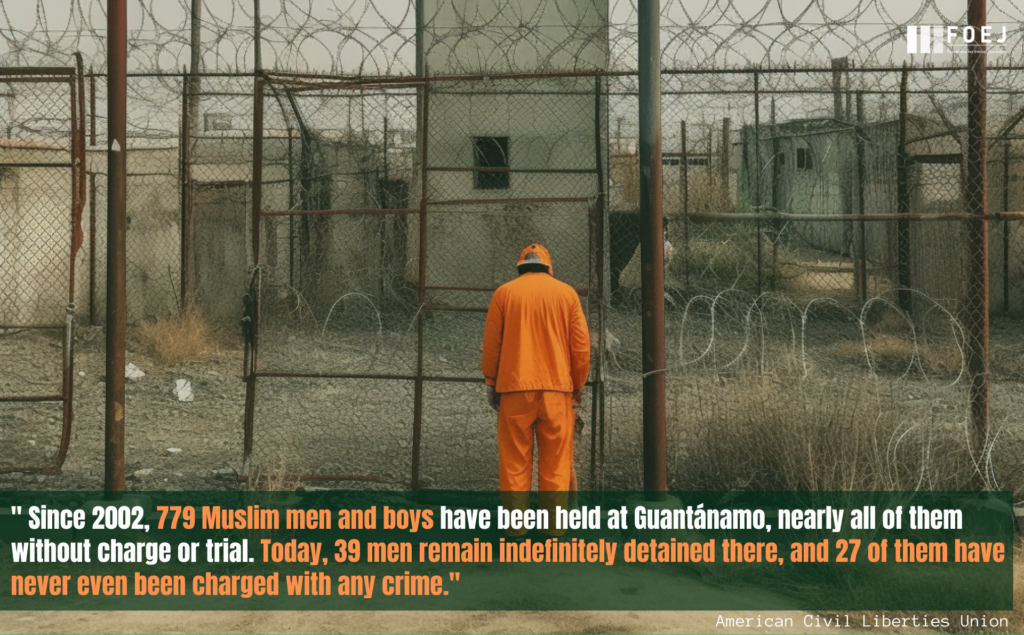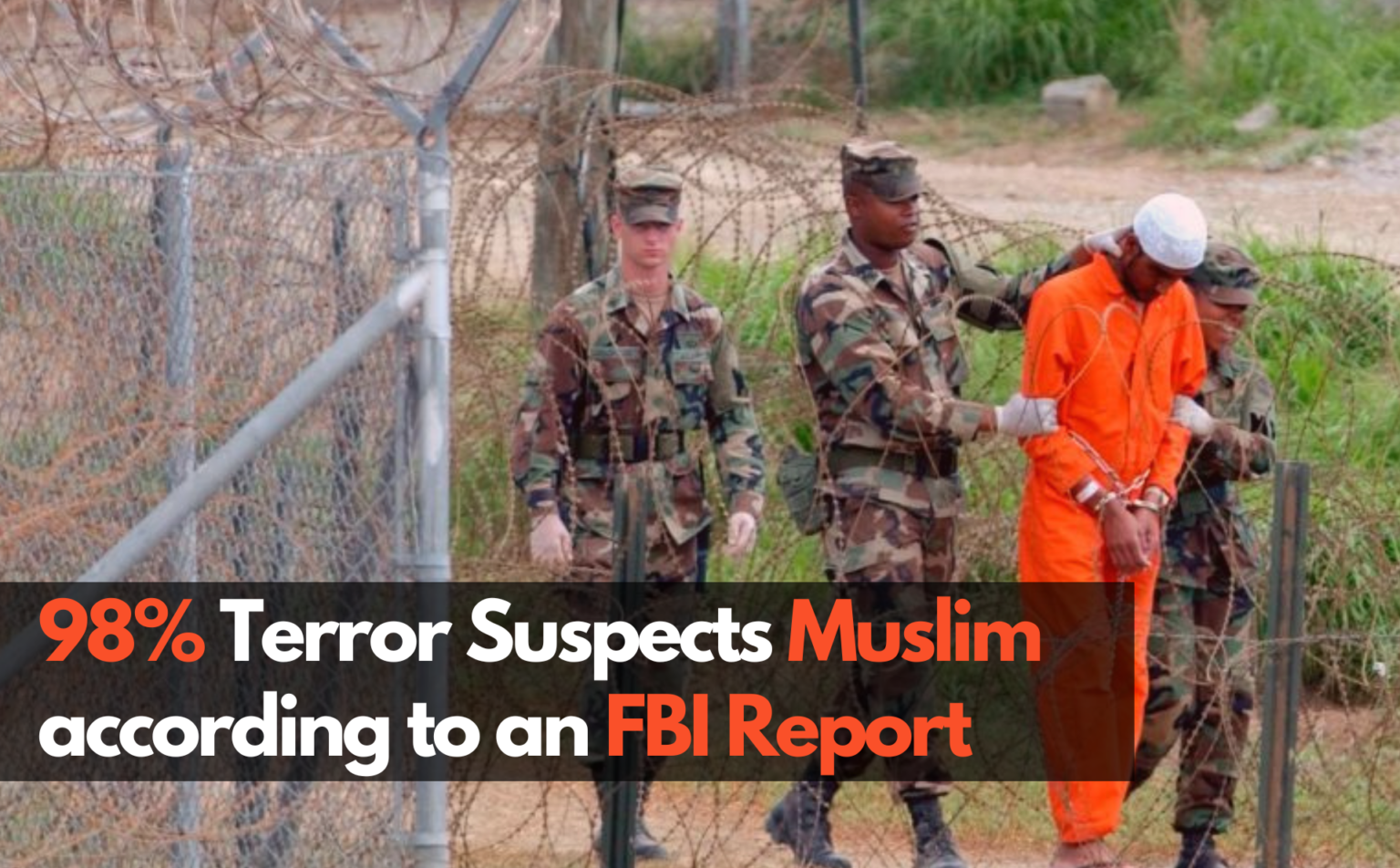Islamophobia has a long history in the United States of America, and current developments can be seen in a report by a Muslim organization in the country.
According to statistics made public by the Council on American-Islamic Relations (CAIR), 98% of those on the FBI’s covert watchlist who are being targeted are Muslims.
In a recent report entitled “Twenty Years Too Many, A Call to Stop the FBI’s Secret Watchlist,” CAIR describes how the FBI uses the Terrorism Screening Database to target Muslims. According to CAIR, 98% of the names on the watchlist are Muslim names.
The watchlist status of an individual is used by government organizations to target people while they are traveling, prohibit people from flying, deny them licenses and permits, refuse to hire them, fire them from their current jobs, and delay or deny visas as well as applications for U.S. citizenship or a U.S. passport.
The latest report from CAIR provides more information:
CAIR has examined more than 1.5 million entries from the FBI’s list from 2019, which was given to us by a Swiss hacker who discovered them online after a minor airline unintentionally released them to the internet.

Its list of names is almost entirely made up of Muslim names, as can be seen by scrolling through it. In fact, the transliteration of Mohamed, Ali, or Mahmoud appears in more than 350,000 entries alone, and the top 50 most prevalent names are all Muslim names.
CAIR gave the leaked information to statisticians for analysis in order to ascertain what proportion of the list is Muslim. Approximately 1.5 million entries on the list, as determined by professional research, identify Muslims in more than 98% of all records.
The lack of a legal foundation for secret blacklists, the difficulties of legal challenges to secret judgments, and Congress’s inability to carry out its oversight duties were all criticized by CAIR in its report and during the press conference announcing its findings:
The FBI was not given this power by Congress, and the watchlist was not created by legislation. But no government organization, including the FBI, should own a secret list.
There is no such thing as a decent, legal type of secret government list made available to hundreds of thousands of government actors since they have abused the one they now have. It’s time to stop practicing this way.
An example of how the watchlist worked
On May 1, the Secret Service refused to permit an elected official from Prospect Park, New Jersey, to visit the White House for an Eid celebration the president had asked him to because the FBI had given him a secret status years before without notifying him or providing an explanation.
CAIR said: “For twenty years, the FBI’s secret list has brought hardship and fear to the Muslim community. But the FBI’s next million targets won’t be Muslims.
With the War on Terror fog lifting, the FBI’s secret list will one day find a new target. The next targets will be our fellow Americans, and this report is meant as a warning to them.

“We are raising the alarm. This can and will happen to all of us, from every community, even those beyond the Muslims currently on the FBI’s list. We call on all Americans
to join our demand that the FBI stop sharing its secret list as a first step to responsibly unwinding it.”
This problem is a top concern for CAIR and other civil rights groups for Muslim Americans when they meet with members of Congress this week. We anticipate that their actions will encourage Congressmen to reintroduce and pass the Freedom to Travel Act, or to include it in other omnibus bills.
The American Civil Liberties Union data also confirms
Since 2002, 779 Muslim men and boys have been held at Guantánamo, nearly all of them without charge or trial. Today, 39 men remain indefinitely detained there, and 27 of them have never even been charged with any crime. Fourteen of those 27 have been cleared for transfer or release, some for years. Many of the remaining men are torture survivors; the CIA formerly disappeared some of them at “black sites” before our government sent them to Guantánamo. All of the prisoners have been exposed to the physical and psychological trauma associated with prolonged indefinite detention.










